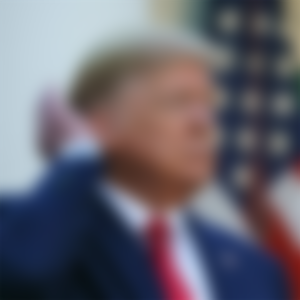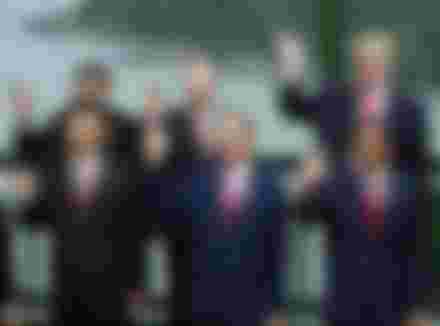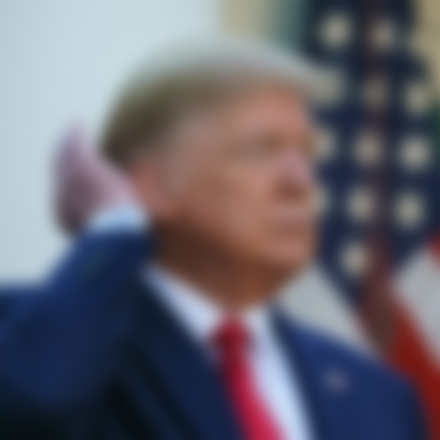
In the 21st century, the new tide of globalization has come, new means of communication have come. As a result, the distance between people in different parts of the world has decreased, communication has become easier, and the supply of information has become easier. Social media is playing an important role in this globalization process, connecting people from different walks of life. As a result, social media has become one of the most important sources of information outside the traditional media. In countries where the freedom of the traditional media is limited, it has emerged as a platform for the people of those countries to express their own social, economic and political views.

In the 21st century, the new tide of globalization has come, new means of communication have come. As a result, the distance between people in different parts of the world has decreased, communication has become easier, and the supply of information has become easier. Social media is playing an important role in this globalization process, connecting people from different walks of life. As a result, social media has become one of the most important sources of information outside the traditional media. In countries where the freedom of the traditional media is limited, it has emerged as a platform for the people of those countries to express their own social, economic and political views.
The statesman Aristotle spoke of the presence of six types of government in the state system. Monarchy is the system of governance for the welfare of all, its deviant system is dictatorship, where the prosperity of the ruler is the main objective of the system of governance. For the good of all, the rule of a few is known as aristocracy, the deviant form of which is katipayatantra. The main purpose of some systems is to protect the interests and prosperity of a few individuals who are at the center of power and governance. The rule of many for the good of all is called politics, and the deviant form of politics is democracy. In a democracy, the clever poor come closer to power and try to acquire wealth, power and influence, often creating the selfish part of a few.
Although structurally authoritarianism is characteristic of authoritarianism, authoritarianism is used in a broad sense at the present time. At the beginning of the twentieth century, mankind had fascism as a state system, democracy, and communism established after the Bolshevik revolution. After World War II, along with Hitler and Mussolini, fascism collapsed, and with the end of the Cold War, communism collapsed as a regime. Democracy survives as the only system of governance and ideology. For this reason, the current rulers from the military also organize elections, and the rulers who have been in power for a long time also organize referendums.
With the end of the Cold War, there was a rapid change in the institutional structure of the system of governance, but the mental development of the citizens did not go that way, nor did the groups that benefited from some dictatorships and dictatorships. As a result, although democracy was established as an institutionally acceptable system of governance, it also revealed the authoritarian character of the ruler, as well as the patriarchal character of the parts around the ruler. Contemporary politicians use the term 'authoritarianism' to describe these characters.
In Third World countries, where the concept of democracy has been severely damaged by various forms of manipulation and bias, the use of the word 'authoritarianism' is actually used to give an academic name to the real situation. Yet, we have an explanation in the broadest sense, which is used to analyze the governance of all countries in the world. The term 'authoritarianism' is usually used to describe the erosion of the notion of pluralism in democracy due to the practice of dictatorship under the guise of dress democracy.

Social media in general is seen as an area of civil society's struggle against dictatorships and dictatorships, seen as one of the adjuncts to freedom of speech. Using these mediums, the general public can draw the government's attention to various issues of social media users , forcing them to make decisions based on public opinion. Social media has emerged as an important part of the idea of pluralism of democracy, the urge to express people as a global community.
But are social media really developing the idea of pluralism in us? Developing the concept of liberal democracy?
In fact, social media has not developed any of these, but has strengthened the system of authoritarianism . Social media is collecting huge amount of information from users and selling it to traders, this is not new news. Many authoritarian governments have also been added to the list of subscribers of this huge amount of information on social media, which expresses the likes and dislikes of users. Through this information, the rulers can know the customer, who is a citizen of the country of the ruler, their personal likes, dislikes, and even personal thoughts.
Suppose you are a citizen of 'A' country, in a country where the ruler may have become authoritarian in a democratic way, or may have become authoritarian in a democratic coup after coming to power through a military coup. Now, you may not like this military authoritarian ruler, he shared the matter with a friend through social media, he also criticized. The information of that conversation of yours may be sold on social media in the hands of the authoritarian government of your country. Naturally, the authoritarian government will take action against it. When such incidents come before a large number of people, even if you spend a large part of the day through social media, you will not express your thoughts, you will not get a chance to express them.

Is this issue the only problem?No. Suppose the security system of the devices used by the customers is good, or the communication medium used does not sell this information from an ethical point of view. But apart from this, everyone has some information on social media that is open to everyone, some information or thoughts are constantly open to everyone through social media. This huge amount of information naturally cannot be verified manually by the cyber wing of the ruler. To this end, algorithms have been created in recent times that can verify social media information by word of mouth.
Therefore, all the citizens of 'A' country are posting about the government, it is possible to get it by filtering using the word 'government', even if it is possible by filtering in the name of the ruler. In this process the reach rate of any post can be reduced, the richness of complimentary posts can be increased.
As a result, it is very easy for the ruler to produce consent or influence, possibly influencing public opinion. If this process continues for a long time, at some point the people of the country become accustomed to this one-sided flow of thought. As a result, if a small section of these people want to practice free thought, this one-sided majority emerges as the first obstacle to free thought and pluralism when they demand democratization.

Social media has played an important role in the rise of Trump;
Apart from this, the issue of using social media to force the government to unite with the public opinion remains. Yes, from time to time the government agrees with the trend of social media, making necessary changes, taking necessary initiatives. The old issue is replaced by a new issue or public opinion when it hits the core interest of the government.
Two things are noticeable in this process. First of all, it is not democratization instead of authoritarianism, but authoritarianism is getting a chance to gain legitimacy. Second, authoritarian governments, through social media, have the opportunity to express their views in certain areas, but they also have the opportunity to avoid its alternative challenges. Social media has not been alternative to the opportunities that external movements can create for democratization.

Even in this age of social media, full freedom of speech has not been ensured;
These are just conservative initiatives of the authoritarian government. In recent times, they have resorted to aggressive measures to legitimize their rule and activities. Social media is being used to generate consent, to divert the flow of public opinion. Thus authoritarianism and social media have emerged as the soul of Harihar.






WOW, @TRAM you always make us think 🤓